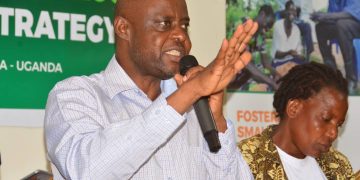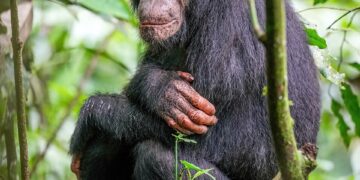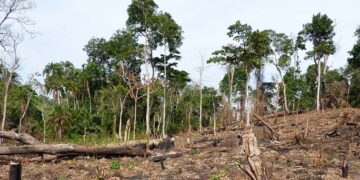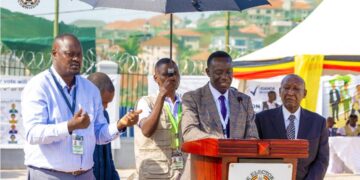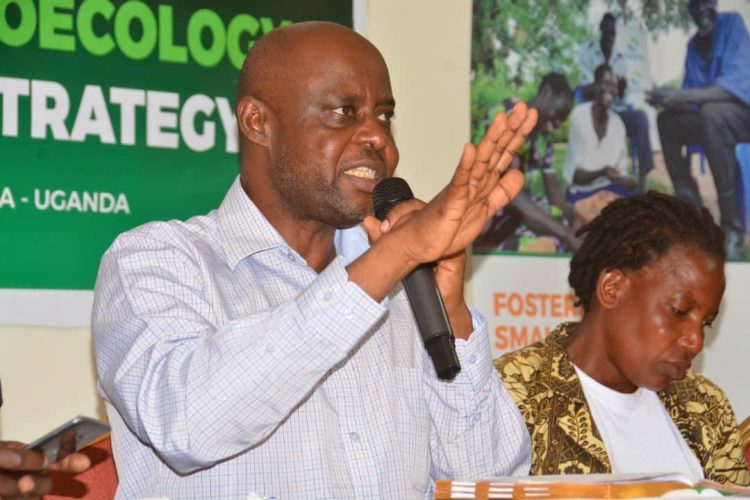By Leonard Kamugisha Akida,
KAMPALA
Agroecology farmers have expressed concerns about being excluded in the decision making process in the newly approved Comprehensive Africa Agriculture Development Programme (CAAD) strategy.

Speaking during a joint press conference, farmers and Civil society Organisations said they are disappointed in the exclusion of agroecology and food sovereignty from the final draft of CAADP strategy.
The CAADP is a continental initiative aiming to eliminate hunger and reduce poverty by fostering agricultured economic development. Howevers, the farmers represented by the Eastern and Southern African Small-scale Farmers Forum – (ESAFF), in Uganda accuse the government of marginalizing their voices regarding integrating agroecology in agricultural development.
Hakim Baliraine, Chairperson of Board of Directors at Alliance for Food Sovereignty in Africa (AFSA) says integrating agroecology into agricultural frameworks will help to build a self-reliant, resilient African food system.
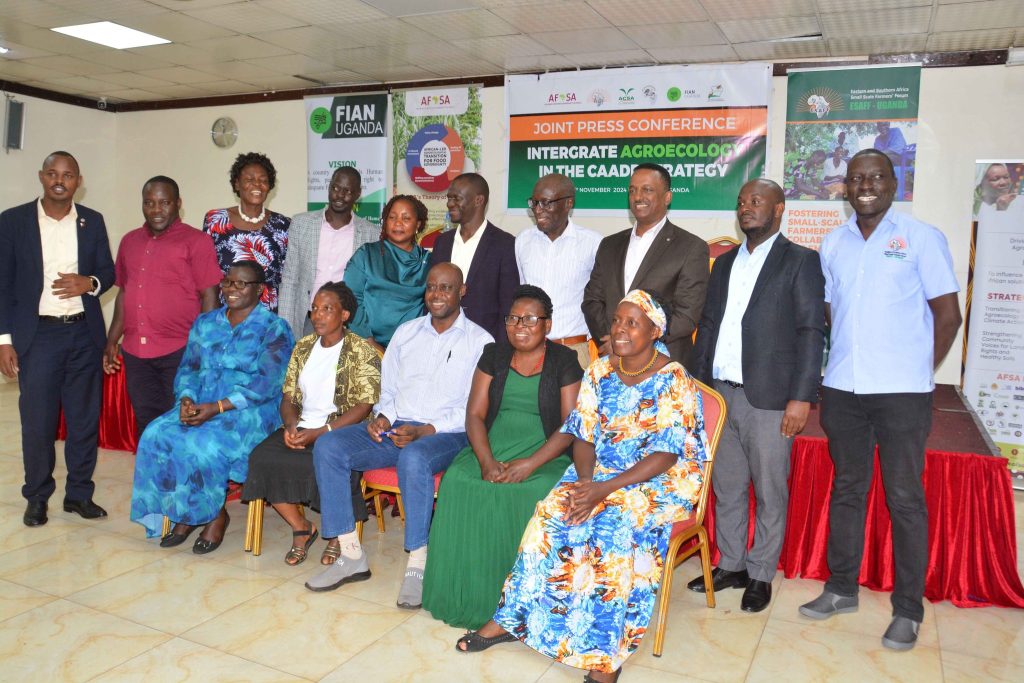
“Recognize agroecology as a key agricultural strategy for climate resilience and productivity, and ensure meaningful roles in decision-making for small holder producers, especially women and youth,” farmers urged.
The farmers are calling on the government of Uganda and other African leaders to involve them in discussion surrounding the allocation of resources. They also demanded for creation of agricultural advisory council to represent farmers voices among other demands.
“Fund farmer-managed seeds and biofertilizers: Invest in systems that promote resilience and biodiversity,” Baliraine added.
Additionally, small scale farmers have asked African governments through the African Union (AU) to strongly reject genetically modified organs (GMOs) and synthetic inputs for organic foods. The farmers claim that accepting GMOs gives corporate control for external powers over Africa’s genetic resources.
“We call upon the government of Uganda under President Museveni and the leadership of the ministry of agriculture to mobilize African governments to oppose GMOs and synthetic inputs which often favor large corporations at the expense of biodiversity and soil health,” Baliraine said noting that GMOs are harmful to soil health, and food security.
On the other hand, Agnes Nazziwa, a small scale farmer from Busi island, expressed concerns about the Fisheries and Aquaculture Act 2022,arguing that the law is unrealistic.
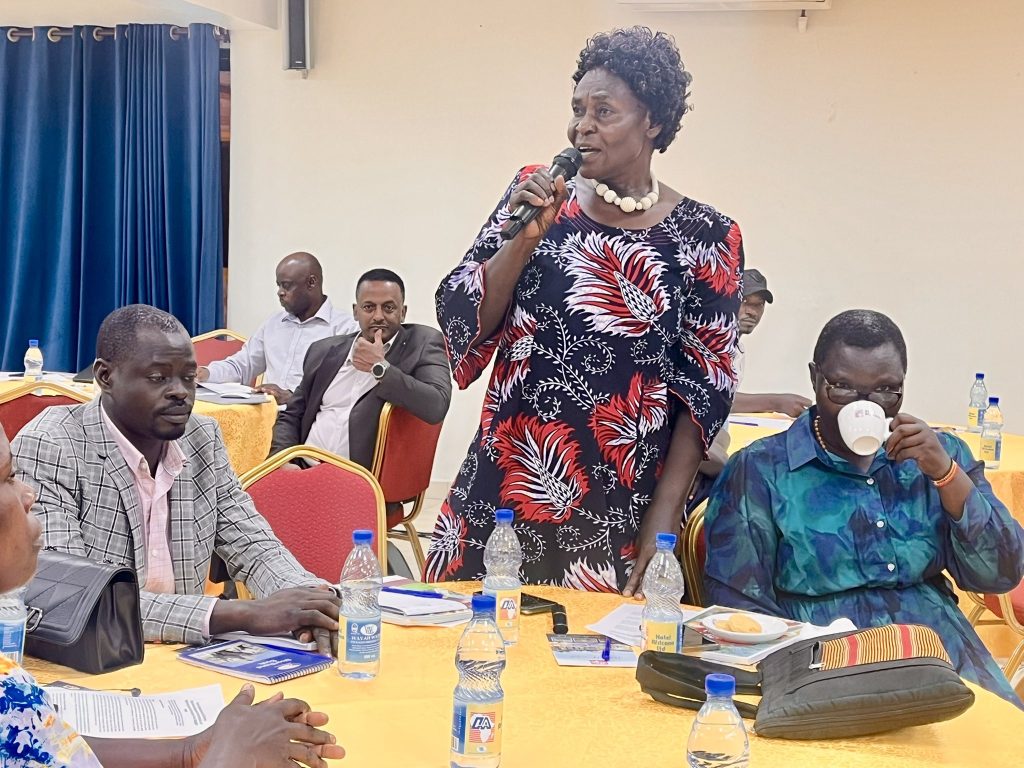
She says that some of the prohibited fishing methods such as “Harriup” method for silverfish fishing that was recently banned by the Minister of State for Fisheries, Hellen Adoa affected their operations. She said the the government introduced a new fishing methods called “Kyota Kyota” without consulting fishermen, which also excludes them from decision-making processes.
The Fisheries and Aquaculture Act 2022, states that, “It is an offense to capture, kill, or injure fish using prohibited nets, methods, or in prohibited places.”
However, Nazziwa claims that the use of Kyota Kyota makes silverfish fishermen vulnerable to illegal fishing as compared to the use of Harriup fishing method method. She asked the government to allow fishermen for silverfish to use tradition methods.
